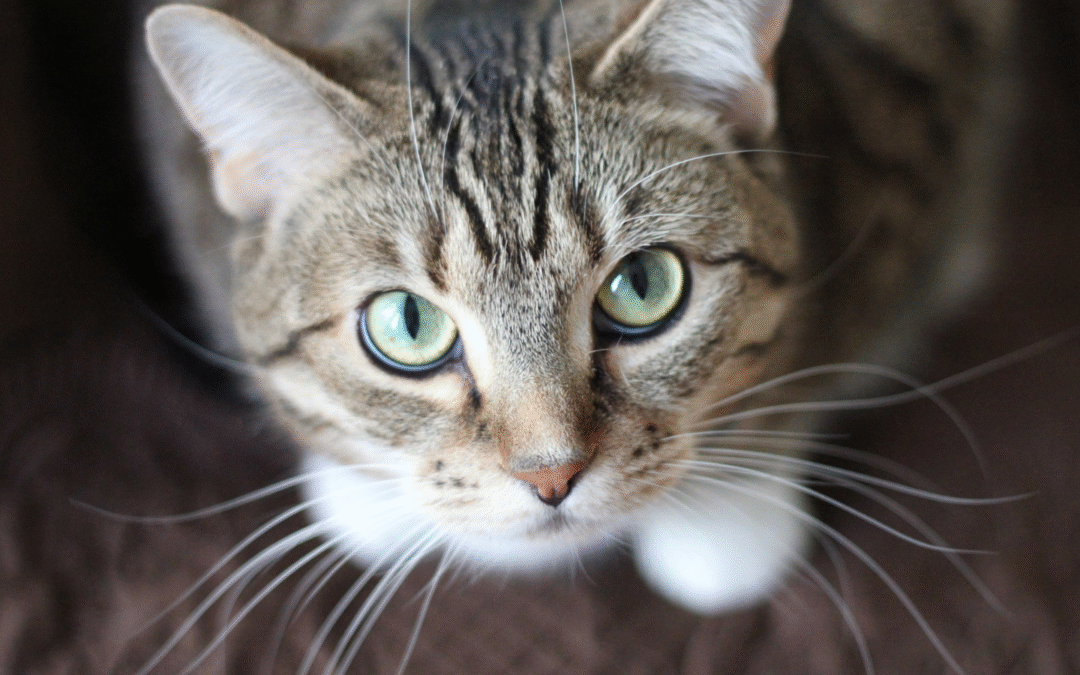One of the most serious viral threats to cats is the Feline Leukemia Virus (FeLV), a disease that can quietly compromise a cat’s immune system and lead to life-threatening conditions. Kindness Animal Hospital wants all of our feline patients to live long, healthy lives. Understanding what FeLV is, how to prevent it, and when to test are steps that you can take towards better care for your feline companion.
Symptoms and Illnesses Caused by FeLV
FeLV is a virus that spreads through bodily fluids from an infected cat. This disease can affect the blood and immune system of cats, often progressing without obvious signs in the early stages. Over time, Feline Leukemia can lead to many different symptoms and serious health complications, including:
- Weight loss
- Issues with coat condition
- Persistent fever
- Recurrent respiratory or urinary infections
- Anemia (pale gums & weakness)
- Chronic diarrhea
- Swollen lymph nodes
- Cancers such as lymphoma
Your veterinarian may recommend testing if your cat is displaying these Feline Leukemia symptoms or other concerning signs.
Vaccination and Testing for Feline Leukemia
The FeLV vaccine is a safe, effective way to prevent infection, especially in cats at higher risk. Most veterinarians recommend FeLV vaccination for:
- Kittens, starting with their early vaccine series
- Outdoor cats
- Cats living with other cats that go outside
- Rescue or shelter cats with unknown medical histories
The FeLV vaccine is a two-dose initial series and annual boosters to maintain protection. While not all cats need it, veterinary professionals will determine your cat’s risk and vaccination needs. There is also no harm in vaccinating a low-risk cat on the chance that they are exposed to an infected feline (e.g., if an indoor cat escapes outside).
Routine FeLV testing should be a part of monitoring feline health, especially for cats with potential exposure to the virus. Consider having your cat tested:
- As part of annual wellness exams for outdoor or high-risk cats
- When introducing a new cat into your household
- If your cat shows symptoms
Testing is quick and easily performed in most veterinary practices. If your cat does happen to test positive, a different Feline Leukemia test (IFA) will likely be suggested to confirm the diagnosis.
What If My Cat Tests Positive for FeLV?
A positive FeLV result can be emotional, but it doesn’t mean your cat can’t still live a happy life for the time they have left. With proper care and regular veterinary monitoring, some FeLV-positive cats can still enjoy several good-quality years. Management of Feline Leukemia includes keeping them indoors, providing a stress-free environment, and treating secondary illnesses right away. Your veterinarian will discuss a plan for your cat based on current symptoms and how far Feline Leukemia has already progressed.
Feline Leukemia Vaccines and Testing in Durango, CO
Feline Leukemia is a serious disease that is best handled when caught early and approached with proactive care. Kindness Animal Hospital has FeLV vaccination and testing for cats in Durango and from neighboring areas like Bayfield, Pagosa Springs, and Farmington. Schedule an appointment today for your feline pet.

